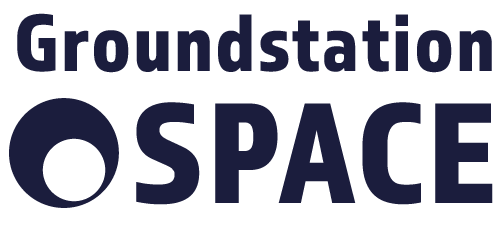A Collaboration Model for the European Space Community

Space Science for Societal Challenges
Several representatives of Groundstation.Space took part in the online “Space Science for Societal Challenges Workshop” organised by the Lorentz Center on 22 and 23 October 2020.
Space sciences, industry, government policy and economics, education, environmental and technological sciences were among the many fields represented, as over ninety participants fleshed out new ways of approaching, managing, financing and delivering innovation for the good of all stakeholders in the space sector.
The workshop envisioned various means to defragment and coordinate the community which exploit the potential of the space sector to impact sustainably on societal challenges.
“Space technologies, data and services can support numerous EU policies and key political priorities, including the competitiveness of our economy, migration, climate change, the Digital Single Market and sustainable management of natural resources. Space is also of strategic importance for Europe. It reinforces Europe’s role as a stronger global player and is an asset for its security and defence. Space policy can help boost jobs, growth and investments in Europe. Investing in space pushes the boundaries of science and research.”
European Commission Space Strategy for Europe, 2016

All the talks and discussions were captured in a white paper “A Collaboration Model for the European Space Community: Learnings from the EIT KIC Model”. This white paper has been distributed within the networks of the organisers of the workshops and to the European Commission.
The workshop revealed three key areas for a collaboration model for the European Space Community.
01 – A common language
The space sector’s international community of generalists connect academia, industry, education and the public realm. But they are ill-equipped and ill-served by the space sector’s current architecture.
The sector cannot work effectively across such a wide community of partners and stakeholders in the absence of a common language, through which core concepts, goals and measurables are shared.
02 – Compatibility between timeframes
Stakeholders in the space sector plan their projects on wildly diverse timeframes, ranging from a year (to develop a Cubesat, say, or conduct commercial experiments on the International Space Station (ISS)) to several years (to design and construct a major astronomical telescope) to several decades (to design, launch and manage a science mission to the outer planets). Too often, ad hoc relationships and arrangements must suffice in the absence of a clear legal framework that serves all stakeholders.
03 – A common platform to diverse opportunities
The sector’s global community of diverse stakeholders have generated countless valuable offerings for their communities, in fields from education and training to social engagement, culture, and entertainment. But in Europe especially, a fragmented space sector is hindering effective collaboration at national and regional levels. The sector has yet to reconcile its urge to centralise (and simplify) its offering with the need to encourage and preserve local initiatives, without which the offering withers.
Full report
The full report of the workshop was distributed in an email to all contributors in February 2021 and will be available from the project partner websites soon.
Partners in this project are:












